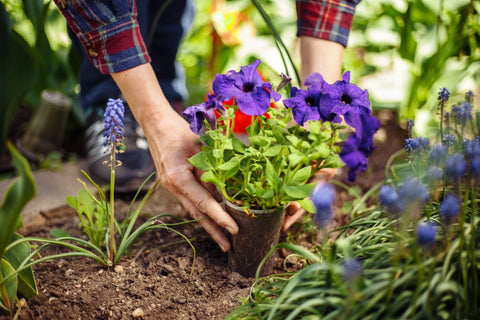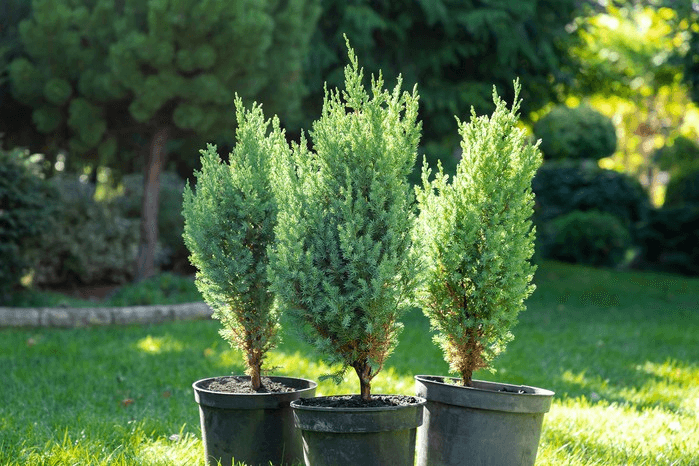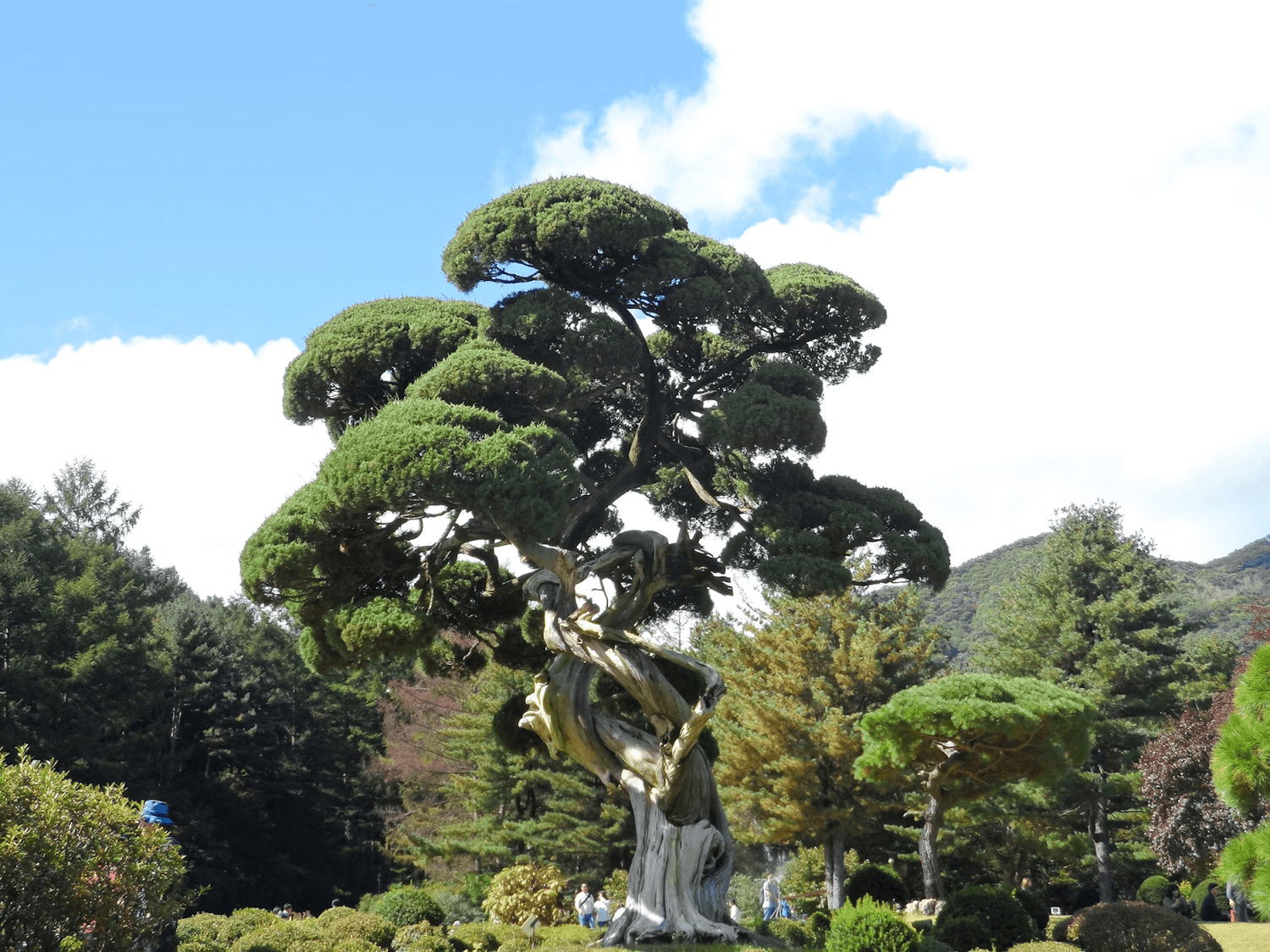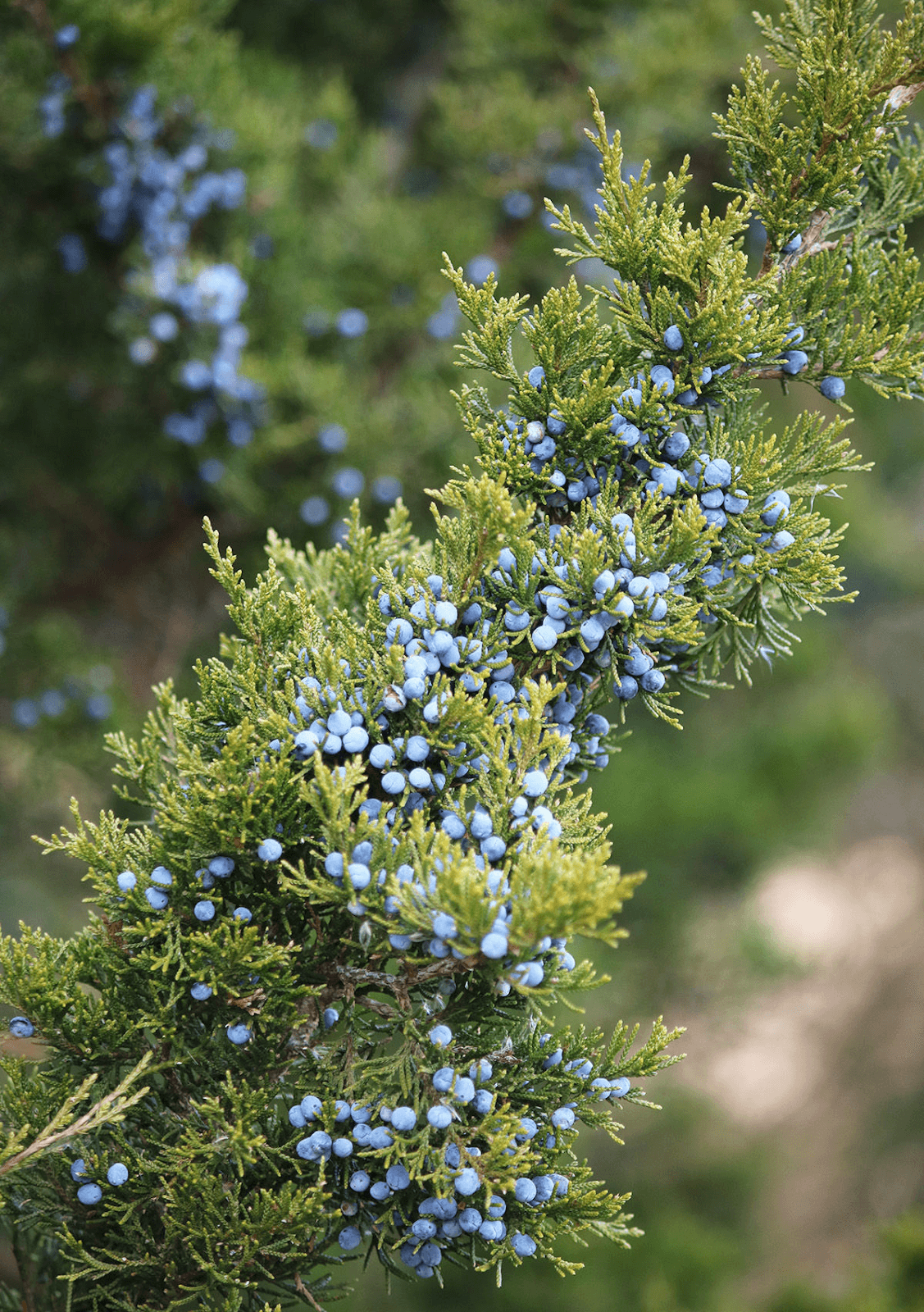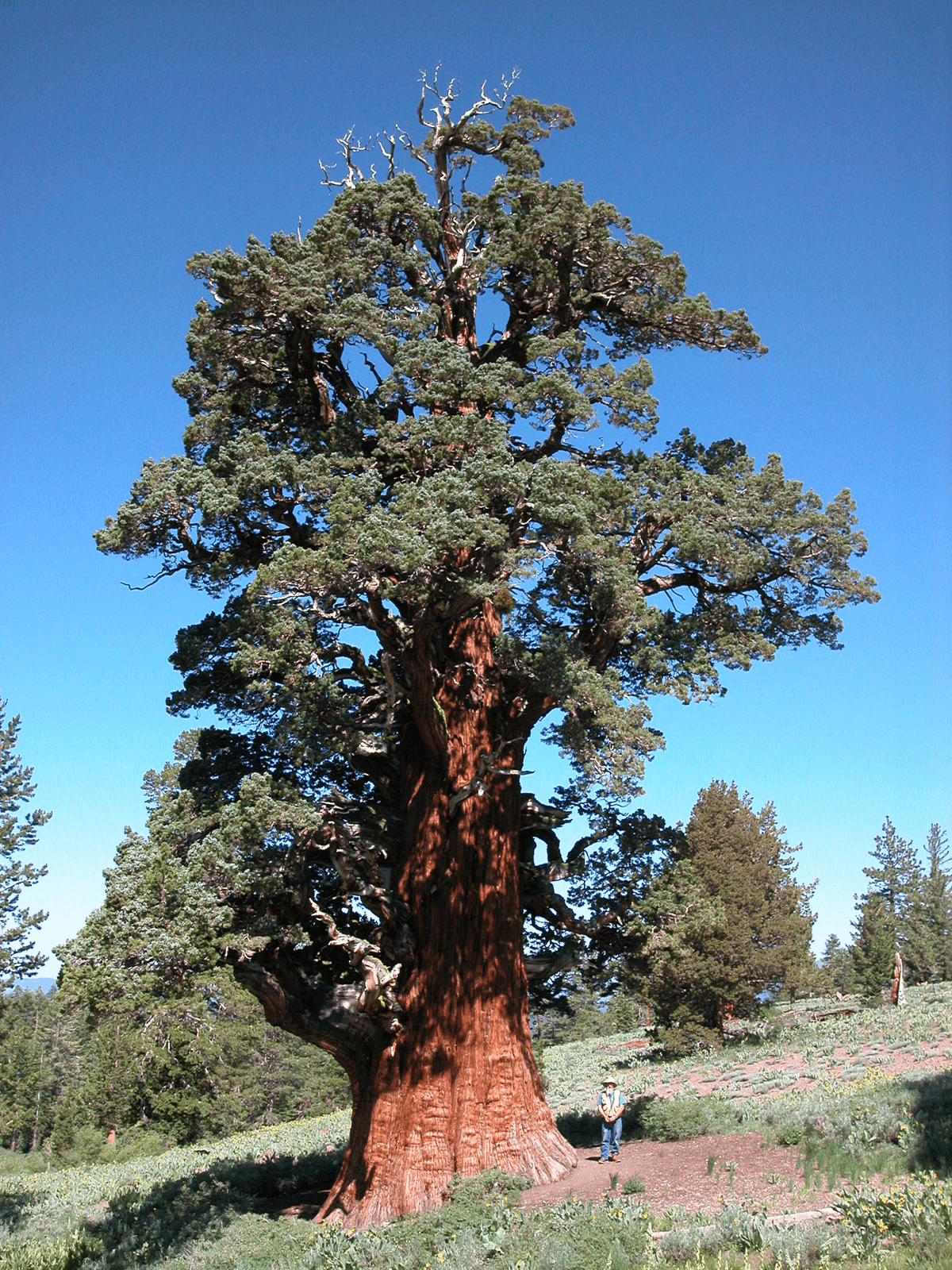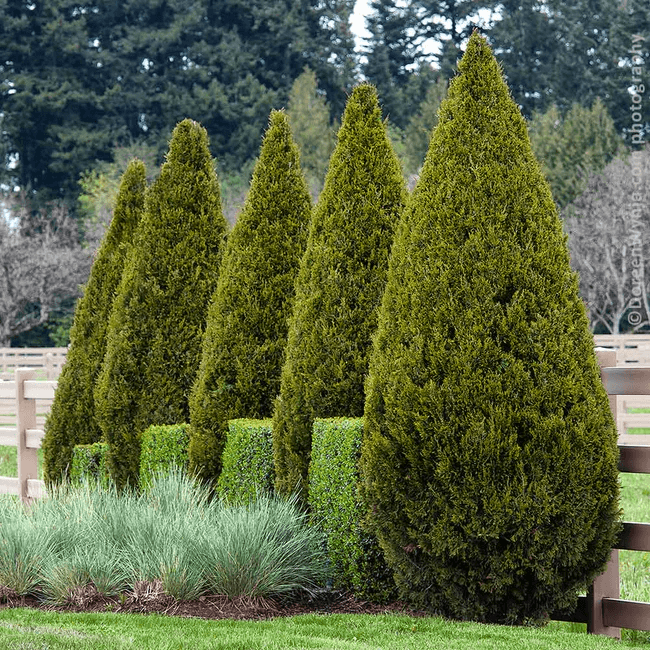Species and Varieties:
Juniper trees are classified under the genus Juniperus and there are around sixty to seventy species of juniper while each has different forms and traits. Out of these, the juniper genus is highly familiar to people due to its distribution and use in the preparation of gin. One such species is the Juniperus virginiana, and the tree is native to North America and is prized for its lumber is very sturdy, and has the smell of the cedar’s characteristics. Juniperus chinensis used in landscaping, and bonsai, is recorded for its versatility and ornamental values. They therefore illustrate various aspects of Junipers with their existence in different regions for varying purposes. Read more about Junipers in our previous blog How to Care and Grow Ground Cover Junipers.


